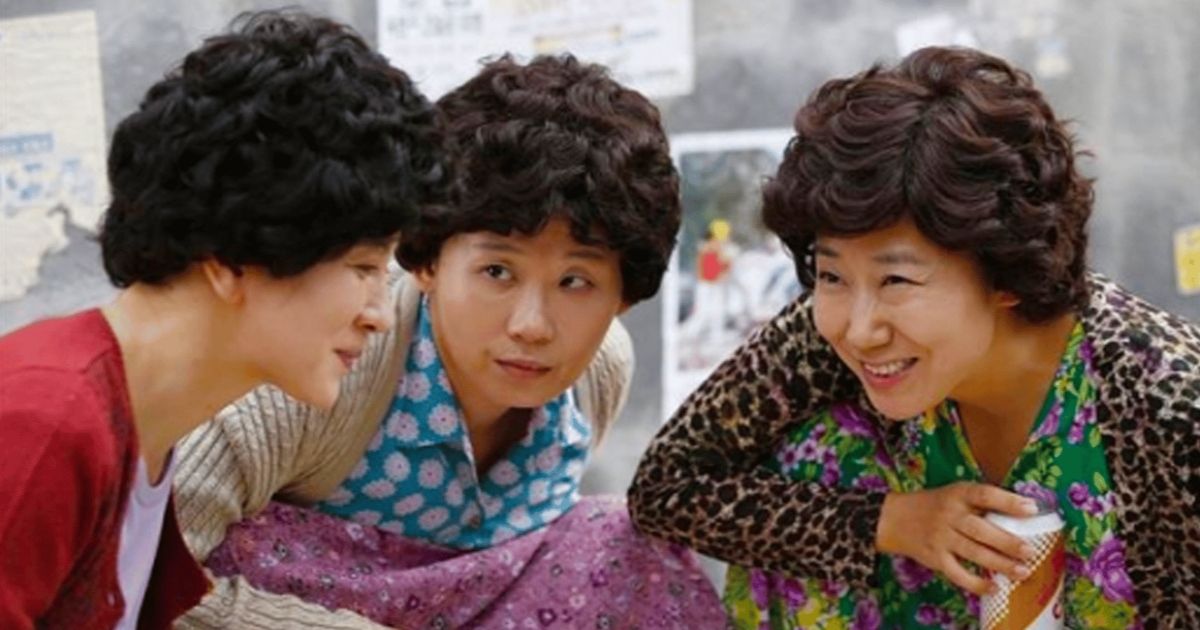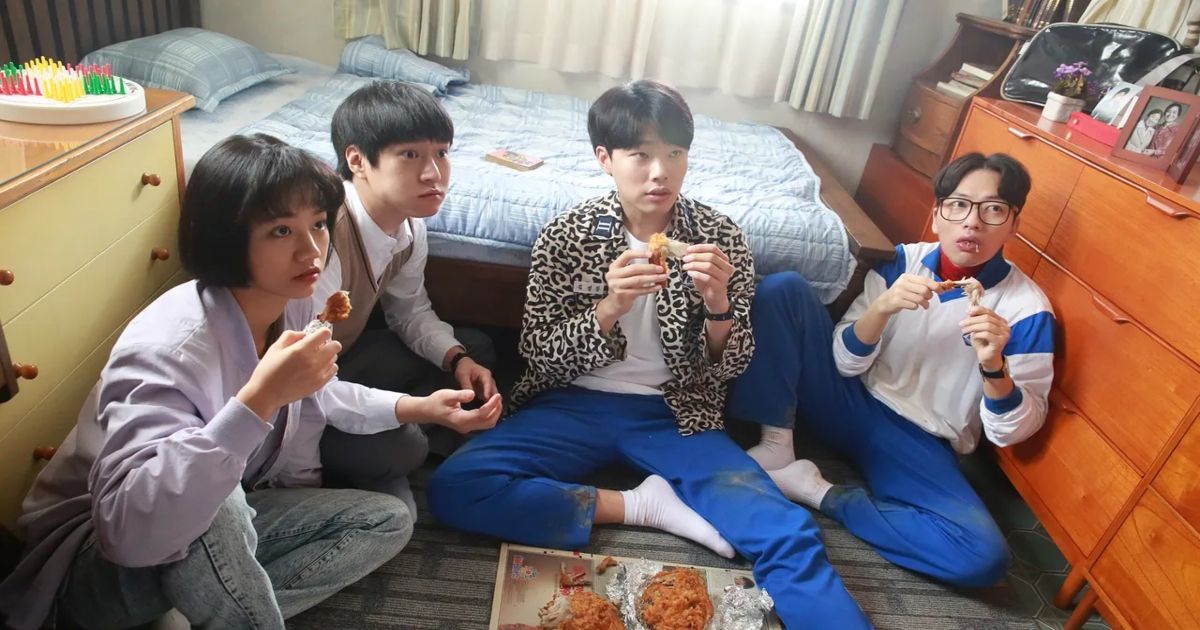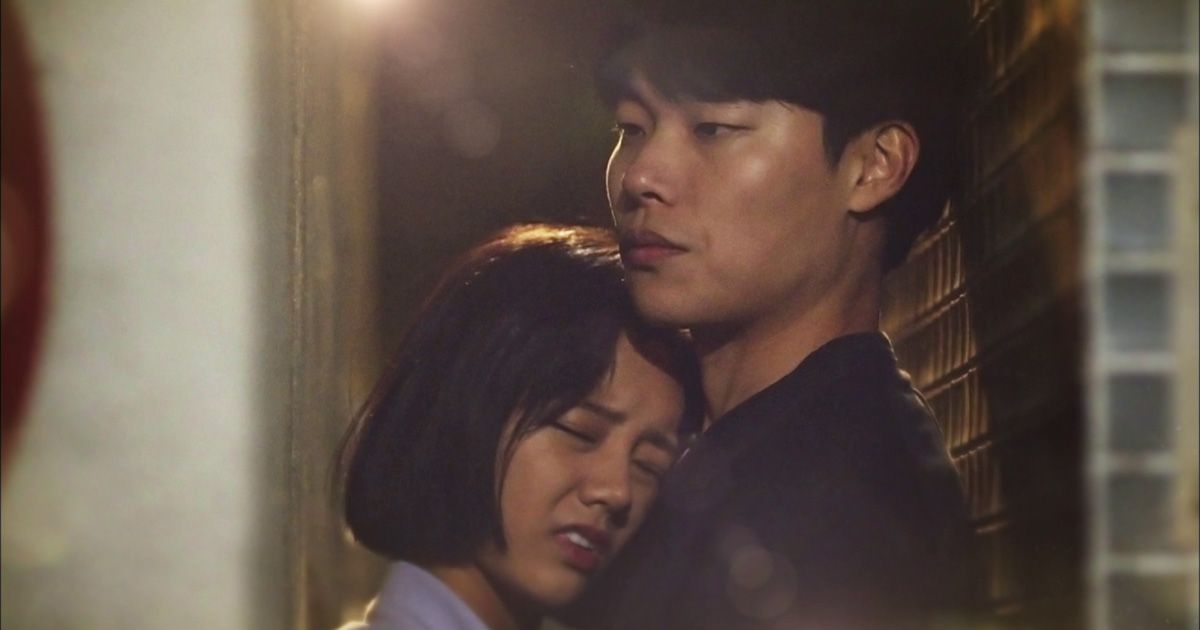Directed by Shin Won-Ho, Reply 1988 is one of the most well-known and loved K-Dramas of all time, that released in 2015. This heartfelt, jolly show tells the neighborhood story of five friends who have been together since their childhood. Perhaps the most crucial part of the story line is the time it is set in. 1988 was a huge year for South Korea, as the Olympics were bound to take place in the year. There was extreme excitement and anticipation in the air as many hoped to participate in the festivities.
The friends in the series are Duk-Sun (Hyeri), Jung-Hwan (Ryoo Joon-Yeol), Sun-Woo (Ko Gyung-Pyo), Dong-Ryong (Lee Dong-Hwi), and Taek (Park Bo-Gum). Taek is an internationally recognized Go player at the time, who seems to be the most introverted on the group. This group of friends reflects some of the most wholesome, crazy, and outright hilarious energy throughout the show. The most interesting dynamic in the group of friends is Duk-Sun being the only girl in the gang; thus she does not give up a chance to bat an eye on the four guys who could be potential suitors.
Reply 1988 is the third installment of the Reply anthology and, is the best one out of three. The show became an instant hit the year it came out. The establishing shots of the series show the slackers in school, Duk-Sun and Dong-Ryong, showing off their nonexistent language skills. This was enough for the viewers to instantly fall in love with the backstreet culture of the show. This show induces excitement, suspense, humor, and the beauty of family and friendships. Let’s discover some of the reasons that make Reply 1988 a Korean Classic.
The Cast
Reply 1988 has one of the most star-studded casts in the industry. Popular K-Pop star Hyeri plays the role of misfit Duk-Sun, and her acting is beyond spectacular. If innocence and madness combined were a person, it would be Duk-Sun. Hyeri perfectly displays the struggles and madness of being the middle child and the only girl in her group of friends. Taek, played by Park Bo-Gum, is another fascinating addition to this group. More like the baby of the group, everybody goes out of their way to protect him, and he makes sure to spend as much time with his friends as he can.
Besides the main cast of the five friends, the show has an excellent supporting cast that delivers amazing performances. Sung Bo-Ra (Ryoo Hyr-Young), the "older sister" of all the friends and Duk-Sun’s elder sister has the most amazing dynamic with everyone. Her stern acting is still not enough to fool every one of her soft nature, which makes her character even more interesting.
Power of the Ajummas
Other than the friendship between the five children, another friendship thrives in the show through the four mothers in the show. One aspect about the ladies' perfect portrayals is the old-fashioned ajumma trait still prevalent in South Korea. Their friendship is the essence of the show, showing the simpleness of life for average people and the bond between friends, families, and neighbors. These women are the heart of the show depicting where the kids get their chaotic energy. They also add a layer of comedy with their meet-ups in the alley and prepping food together. They keep the neighborhood lively and always come forward to take care of Taek and his father as he lost his mother at a young age.
6 Korean Drama Masterpieces That Flopped in Korea
Academic Perils
Among other very integral themes of the show, the side theme of academic pressure on the friends to enter a good university is effectively executed. This show explores the different kids of academic capabilities of children and the pressure of academic excellence in the South Korean society. Though most of it is represented in a fun and lighthearted manner, it does not change the intensity of the situation and makes the audience feel for these children. They specifically show this through Duk-Sun and Dong-Ryong, who struggle excessively with studies. To prove it to themselves, they try to bury themselves in books, to the point that Duk-Sun regards her first stress nosebleed as a success.
Love Triangle
This development in the show is something nobody expected as the series continued. As the show goes on, a love triangle develops between Duk-Sun, Taek, and Jung-Hwan. Jung-Hwan starts to develop feelings for Duk-Sun unexpectedly while Duk-Sun is fawning over Sun-Woo. However, Jung-Hwan never really says anything to her, keeping the audience in confusion over who Duk-Sun’s husband is in the future. The husband turns out to be Taek, and Jung-Hwan forfeits the love and care of his friend. The element of a love triangle added a coming-of-age feel to Reply 1988 without making it overly romantic for it to become a romantic comedy. The audience felt their heart break along with Jung-Hwan when Taek tells him he likes Duk-Sun. It also adds a good element of mystery and suspense around Duk-Sun, a tomboy misfit suddenly becoming desirable.
9 South Korean Movies That Will Disturb You For Days
The Neighborhood
The houses and the dark and dusty alley way all of these friends live in is an accurate description of the simple way of life in the '80s. All houses are emotionally connected to each other, making the viewers invested in the story line. A repetitive shot showing the connectivity of the neighborhood is the early morning clean up of the street and distribution of newspapers.
A small alley in the eighties being the epicenter of all sorts of chaotic and familial bonds which makes the show very heartwarming and homely. Fans of the show often see themselves wanting to live in the same simple, pre-modern time in South Korea.
Economic Issues
Last but not the least, another factor successfully pulled off in the show is showing the wealth disparity and economic issues faced by middle class people at the time in South Korea. The creators of the show do this through Duk Sun’s and Sun-Woo’s families. Duk-Sun’s father struggles to keep the family afloat as times progress, and his job can now be performed by a machine. With the education of three children and a house to run, the family cuts down a lot of things. Here viewers also see Duk-Sun’s middle child problems being at the extreme. She does not get new shoes, which makes her heartbroken. Similarly, Sun-Woo’s mother is a single mom trying to manage the household herself until she faces issues with her mother-in-law. These issues were extremely common in the time of economic development in South Korea as the country was moving towards modernity.

-4.jpg)
.jpg)



.jpg)
.jpg)